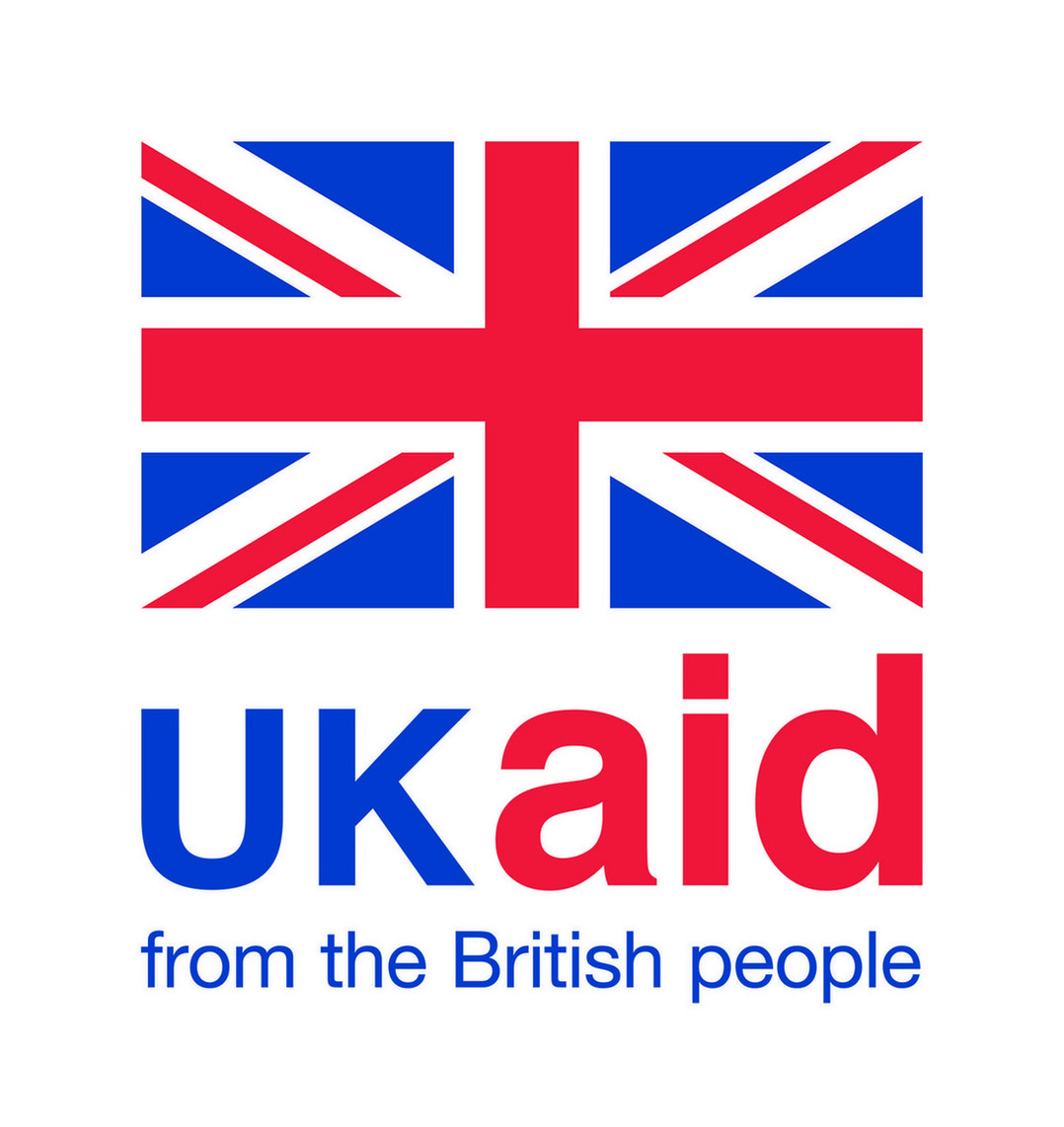By Matthew Wilson and Jenny Casswell
More than one billion people globally are unable to prove their identity. In an increasingly digitised world, where two-thirds of all people have a mobile phone, identity is a foundational element of this digital environment and being able to prove who we say we are is defining our interactions with the world around us. Proof of identity is essential for accessing basic services such as voting, healthcare, employment, economic participation and education.
Therefore, the implications for people with no formal identification can be detrimental for their socio-economic development, particularly for more vulnerable segments of society. For example, in humanitarian crises, the absence of identity documents can create a multitude of administrative dead ends for refugees: reducing their ability to register with authorities and/or humanitarian organisations, limiting their freedom of movement, preventing them from accessing formal employment or education, and making it difficult or impossible to access a wide range of humanitarian services.
In most refugee-hosting countries, lack of identification is also a key barrier to accessing mobile services. In more than 150 countries, Mobile Network Operators (MNOs) are now subject to mandatory SIM registration obligations which require customers to present an approved identity document before a SIM card or mobile money service can be activated. As the GSMA has previously documented, in situations where refugees or asylum seekers face challenges or delays obtaining these identity documents, opportunities for MNOs and humanitarian agencies to offer both basic and value-added mobile services can be restricted.
For this reason, the GSMA Digital Identity and Mobile for Humanitarian Innovation (M4H) programmes together support stakeholders in leveraging mobile technology as an enabler of digital identity and associated services which can provide social benefit to people affected by crises, and bring commercial value and cost savings to MNOs, humanitarian organisations and governments.
Our latest report brings new focus on the complex identity-related challenges faced by urban refugees in Jordan, the tenth largest refugee-hosting nation in the world. The report illustrates how MNOs and humanitarian organisations can collaborate to provide urban refugees with greater and more inclusive access to digital identity and identity-linked mobile services. Some opportunities include helping refugees register life events and vulnerabilities for themselves; providing greater access to mobile financial services; and delivering targeted information.
The findings identify four themes that MNOs and humanitarian organisations will want to consider when designing digital identity solutions for urban refugees in Jordan, as well as in other markets:
1. Identity needs vary by refugee type. By looking at a refugee’s day-to-day attitudes and behaviours through an identity lens, service providers can segment refugees into distinct archetypes and better predict their identity-related needs and priorities.
2. Identity challenges impact crucial aspects of a refugee’s life. A lack of documentation in urban areas can produce cascading consequences for refugees and their families, as one documentation issue can quickly lead to another.
3. The benefit of flexibility and amnesty in ID enrolment. Providing an amnesty period for undocumented refugees has protected hundreds of thousands of vulnerable individuals and will increase access to mobile services, jobs, humanitarian aid and education.
4. There is a strong relationship between identity and trust. The relationship that refugees have with government, humanitarian agencies, service providers and their host community has a strong influence on their behaviour and attitudes towards identity.
The report endeavours to support both MNOs and humanitarian organisations formulate and design messages around digital identity to refugees, and host governments; drive demand for digital identity services where appropriate; and advocate for enabling policies that ensure equal access to secure digital identity solutions.
This publication is the first in a series of M4H reports that delves deeper into each of the five cross-cutting thematic areas of the programme; all of which are equally important in building a digital ecosystem to address humanitarian challenges. We will soon be publishing handbooks on using mobile money for cash and voucher assistance, insights on the pay-as-you-go energy sector’s role in refugee camps, and end-user research on the digital use cases of refugees in Jordan, Rwanda and Uganda, including a specific focus on women and persons with disabilities in these humanitarian contexts.
Sign up to our blogs or get in touch if you’re interested in our upcoming work.
This initiative is funded by the UK Department for International Development (DFID), and supported by the GSMA and its members.

